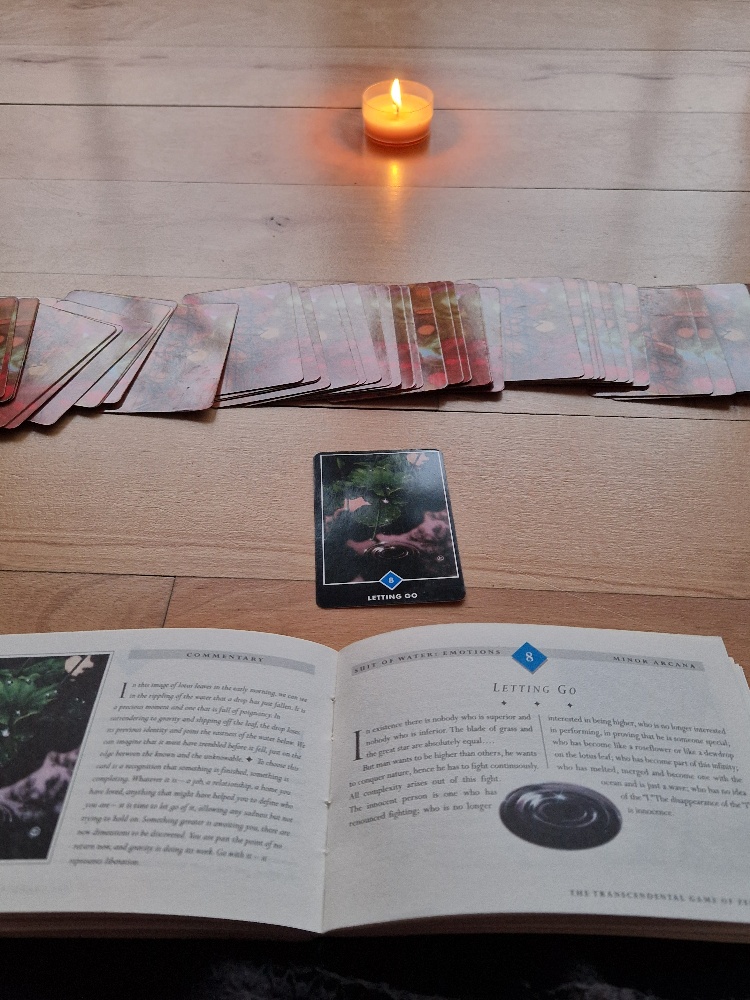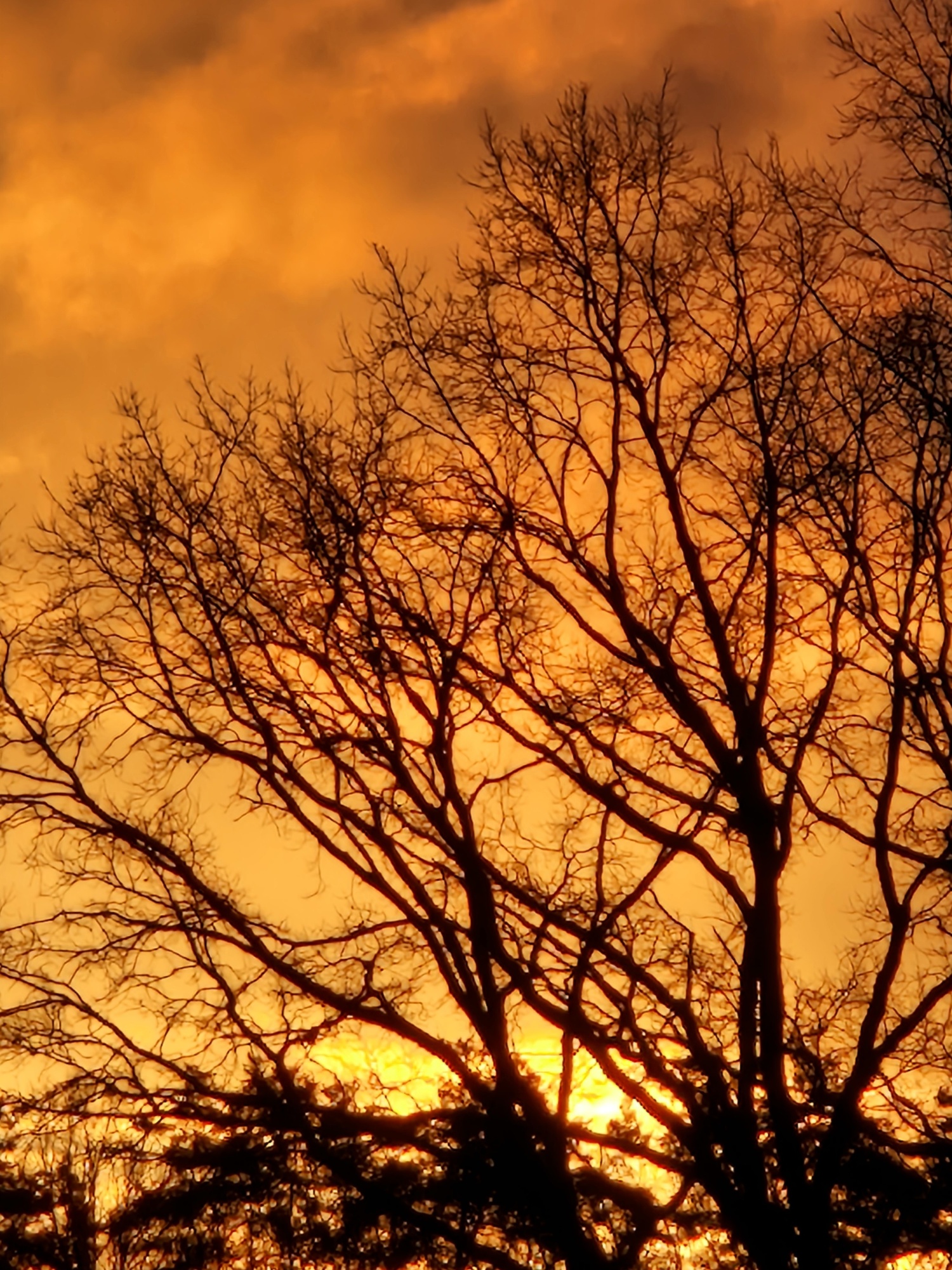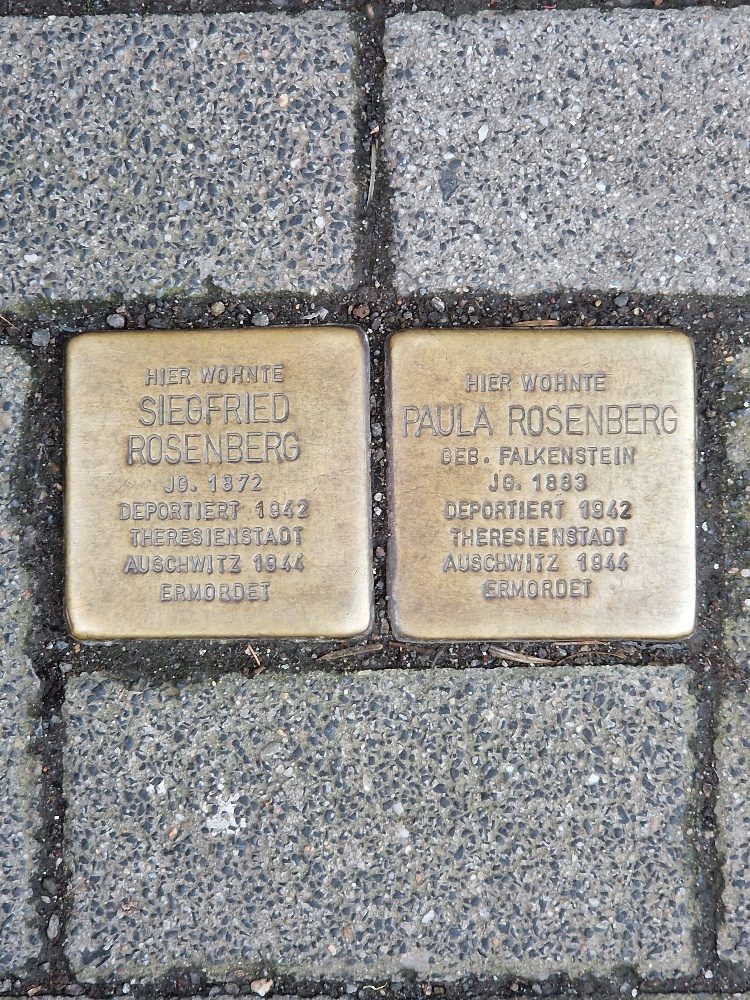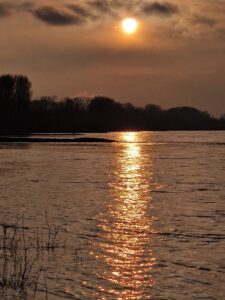A recent experience has had a lasting impression on me. The East Bank of the Rhein has been my home now for almost two full years. The closest bridges in the vicinity are the North Bridge in Bonn, over 10 km upstream and the South Bridge in Cologne, roughly the same distance downstream. These distances are a blessing, resulting in an oasis of river meadows which are relatively free of noise pollution. There is a pedestrian ferry about twenty minutes‘ walk downstream from home. I had taken it once and had gone further downstream to explore the forest of the Surther Bend, which turned out to be verdant and tranquil. On this latest occasion, I crossed the river with the explicit intention of taking a closer look at the bank directly opposite where I live, the bank I have been keenly observing on a daily basis since I first moved here.
I cannot describe exactly what `got into me´that day. On waking that morning, I had a hunch that this would be a special day, that I would get a glimpse of the world from an entirely new perspective.
And so it was. I was filled with wonder as we crossed the great stream in the tiny ferry, bobbling on the waters like a cork. Such crossings invariably transport me into the world of pilgrimage. Then, taking our time, we walked for over an hour, exploring up close the territory I had hitherto known only from a distance. There were some surprises. The church tower which appeared so elegant from the familiar far bank turned out to belong to a bulky, clumsy ensemble of buildings, bereft of charm. A prominent line of trees turned out to be much further from the water than I imagined. There were unsuspected beaches in places hidden from vision. And all the time, my eyes wandering across the water eastwards – a direction that felt strange – I began to cherish the rambling, unspoilt and spacious bank of the river from whence I came. A new quality of appreciation welled up inside me. There were now more blessings to be counted than I had realised.
While the excursion had been enriching and enjoyable, it was with great pleasure that I returned at the end of the afternoon. Thanks to the inclement weather, with the hard, cold southerly wind, blowing downstream under the clear blue sky, we were the sole passengers on the little ferry on the return journey. Footfall on the sandy bank felt like a special homecoming. Able to see everything with fresh eyes and a renewed heart, the sameness in my ordinary life had been dispelled.
When Harvard psychologist Jack Engler was doing his research, he asked Jack Kornfield’s teacher Dipama about the place of joy. `This all sounds very grey,´ he said. `Getting rid of greed, getting rid of hate, getting rid of ignorance. Where’s the juice?´
`Oh, you don’t understand!´ Dipama burst out laughing. `There is so much sameness in ordinary life. We are always experiencing everything through the same set of lenses. Once greed, hatred and delusion are gone, you see everything fresh and new all the time. Every moment is new. Life was dull before. Now, every day, every moment is full of taste and zest.´
How do we rid ourselves of greed, hate and ignorance? To do so, we must, in the first place, become aware of their existence in both the world `out there´ and within. This may require an excursion to the `other side´ in order to get the full picture. The addict may have to live out the bondage of her addiction until she hits bottom in order to develop an appreciation for sobriety and freeedom. The driven career executive may need to burn himself out to come to the realisation that, in reality, greed lay behind his drive to be rewarded for moving mountains. The one we love may have to leave us in order for us to learn the importance of love in this ephemeral experience we call life.
The word `diábolos´ (New Testament, Septuagint, as a rendering of Hebrew śāṭān satan) is the agentive derivative of diabállein, which means `to take across, put through, set at variance….´ Thus the diabolical is that which is on the other side. Note that these are two sides of the same thing, just as the two banks belong to the same river. Some use the term `all one´ which, for me, prompts the irritating question; `and what about the rest?´ Osho, noting that language is itself a product of the dual mind, suggests the term `not two´ as a better approximation.
The domain of the ego is the rational mind, as expressed in the limitations of language. Without cultivation beyond its standard remit, is has great difficulty in holding apparent opposites in equanimity, at one and the same time. We tend to think in terms of `either, or´. For example, I used to think it was a choice between pain and joy until I experienced and embraced both together. Another example is our inclination to attempt to preserve our vitality by repressing the knowledge of our mortality. My experience, some years ago, of being on the threshold of death has shown me that by embracing and fully accepting my mortality, I experience a higher degree of vitality with each new day. From one perspective, there may be two banks; belonging to the same river however, they really are one. So too, the Devil is not the opposite of the Divine. As I keep discovering, the content is not as important as the attitude with which I view it.
When it first entered English in the 1590’s, the meaning of the word atone suggested the restoration of a peaceful and harmonious state, the condition of being at one (with others). To be at one with the apparent contradictions of the human condition is the attainment of the state of atonement.
In modern usage the verb specifically implies addressing the damage (or disharmony) caused by one’s own behaviour. The theological meaning is closer to „reconciliation“ (of man with God through the life, passion, and death of Christ) is from around 1680.
Perhaps the theologians co-opted the term to provide a more easily digestible explanation of the apparent contradiction of living and dying. It does present an easier softer way, in that it is the death of another (The Christ) which opens up the possibility of salvation. The mystics, more concerned with the experience of God than knowledge about God, have always taught that the path of salvation is the path of paradox, and that the answers lie within. In the light of the emergence of the theory of evolution and, later, depth psychology, and advances in areas such as the neuroscience, we are now perhaps better equipped, five hundred years after the theologians hi-jacked the meaning of the word atonement, to tackle the issues head on.
This can be achieved with the help of the example of the great teachers such as The Christ, without the need to project our dynamic onto them. This may require us at times to be willing to leave our comfort zones, to take the rickety ferry to the other side. When we return, we are cleansed, for a while at least, of `the sameness of ordinary life´ and absolved of the fragmentation of duality. We have gained a new vibrant realisation – that of `at-one-ment´- where `every day, every moment is full of taste and zest.´









Eine Antwort
Good comments and great comparison explanations , you are doing a good job